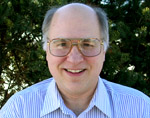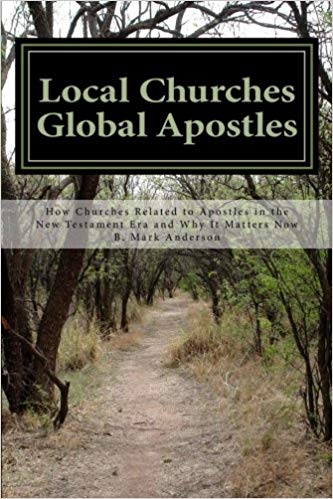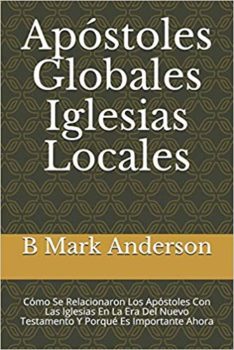Amplify Conference of Evangelism at Wheaton College, June 28-30, 2016
I plan to participate in this conference.

-
WHO IS SPONSORING THE AMPLIFY CONFERENCE?
The event is sponsored by the Billy Graham Center for Evangelism at Wheaton College. The BGCE exists to lead the conversation on evangelism by training, resourcing, and mobilizing followers of Jesus to share their faith; networking leaders; researching best practices; engaging thought leaders; and launching strategic ministry initiatives.
-
WHAT IS THE PURPOSE OF AMPLIFY?
Many in church leadership positions want to help those in their care to increase their gospel witness and prioritize evangelism. Unfortunately, as our world changes so quickly, strategies for making this happen often cannot keep pace. We are coming together to lead the conversation in evangelism and then implement a renewal of evangelism in our local churches. We will be sharing research, platforming speakers, and conducting breakouts to move the conversation about evangelism and the local church forward. The event will feature a mix of plenary speakers, case studies, research, breakout sessions, and networking times.
-
WHO SHOULD ATTEND AMPLIFY?
Amplify is for anyone in a church leadership position or in a position outside the local church setting where you are seeking to weave an evangelism ethos into your own life or the lives of others. The conference is intended to equip and inspire you personally and as you lead others in developing a lifestyle of gospel witness.
-
WILL THERE BE FOLLOW UP TO AMPLIFY?
Amplify is an annual national conference. In between gatherings, we will be producing and sending out evangelism training, research, and leadership resources regularly. We will also be developing networks of leaders who bond together with a vision for becoming ongoing learning communities and cohorts that gather annually at the conference to make progress.
- More info is avaliable at http://www.amplifyconference.tv/









